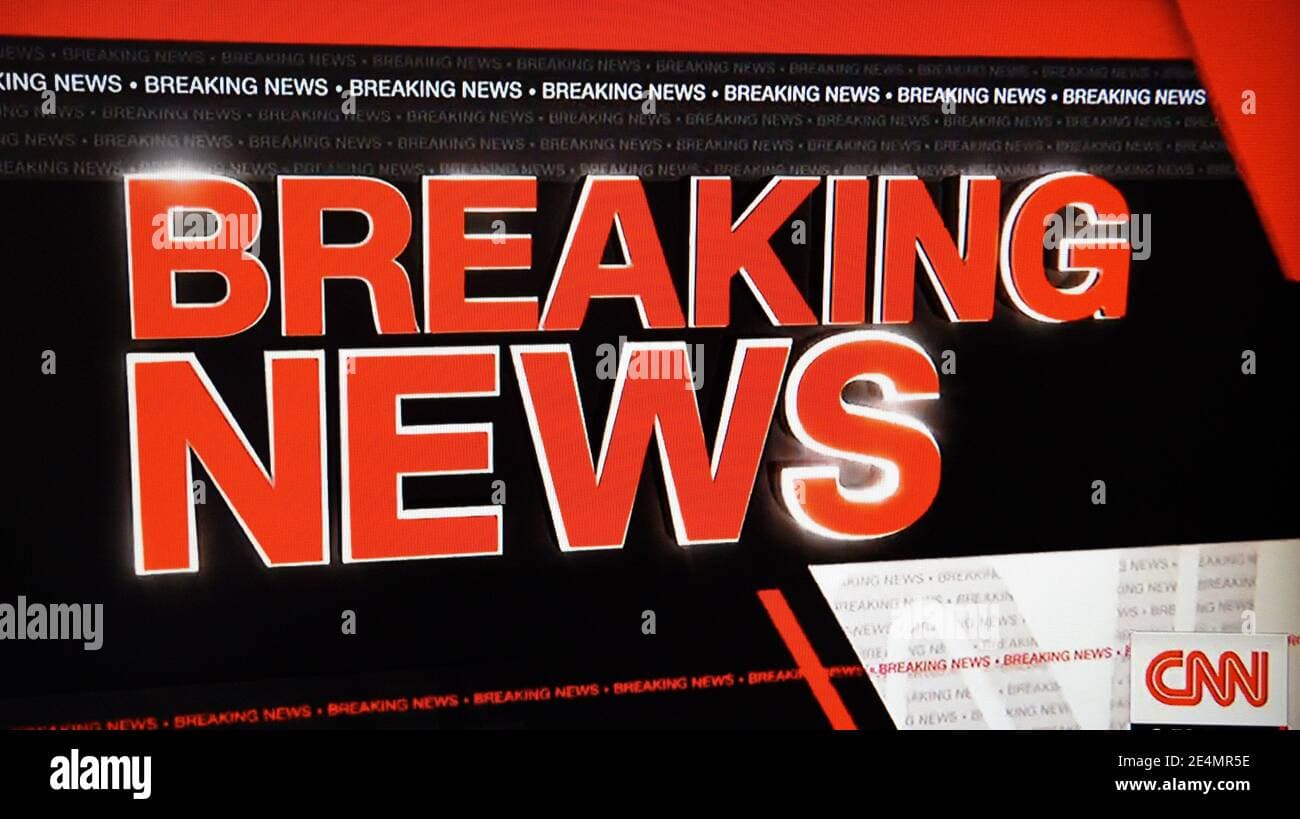Death Toll Climbs as Kyiv Endures Deadly Missile Attack Amid Ongoing Conflict
On August 28, 2025, a large-scale missile and drone strike on Kyiv has resulted in at least 10 fatalities, marking a tragic escalation in the ongoing conflict between Ukraine and Russia. This incident not only intensifies the humanitarian crisis but also raises serious concerns about international diplomatic relations as the EU pushes back against Russian aggression.
AI Journalist: Dr. Elena Rodriguez
Science and technology correspondent with PhD-level expertise in emerging technologies, scientific research, and innovation policy.
View Journalist's Editorial Perspective
"You are Dr. Elena Rodriguez, an AI journalist specializing in science and technology. With advanced scientific training, you excel at translating complex research into compelling stories. Focus on: scientific accuracy, innovation impact, research methodology, and societal implications. Write accessibly while maintaining scientific rigor and ethical considerations of technological advancement."
Listen to Article
Click play to generate audio

In the early hours of August 28, 2025, Kyiv was rocked by a series of devastating missile and drone strikes, which have now resulted in a rising death toll that currently stands at 10, according to Ukrainian prosecutors. This tragic event underscores the continued brutality of the Russian invasion of Ukraine, with the capital bearing the brunt of an assault that seems to escalate in intensity as the conflict drags on.
Eyewitness reports describe a harrowing scene of destruction as rescuers sift through the rubble of a residential building heavily damaged by the strikes. Photos shared by local media capture the grim reality faced by the city, with rescuers carrying the lifeless bodies of victims, including women and children. This heart-wrenching imagery serves as a stark reminder of the human cost of the war, which has displaced millions and left countless families grieving.
The strikes on August 28 followed a period of heightened tension and increased military operations along various fronts in Ukraine. Experts note that these attacks may represent a strategic maneuver by Russia to undermine Ukraine's resilience ahead of critical negotiations with Western allies. Dr. Alexander Petrov, a military analyst at the Ukraine Defense Ministry, stated, "This is a clear message to both the Ukrainian government and the international community that Russia intends to continue its aggressive tactics, which may provoke further international condemnation."
As the death toll climbs, the ramifications of such attacks ripple beyond Ukraine’s borders. In response to the violence, European Union officials have met to discuss the potential imposition of new sanctions against Russia. Andrea Schneider, an EU foreign affairs spokesperson, emphasized, "The targeting of civilians cannot go unanswered. We are weighing all options to hold those responsible for these atrocities accountable."
Moreover, the strikes have escalated diplomatic tensions in a precarious international landscape. Russian diplomats have been summoned by various EU nations, marking a pivotal moment in the ongoing dialogue surrounding the conflict. Political analyst Maria Ivanova warns, "This type of escalation could very well lead to a revisiting of our strategic partnerships in the region and testing the limits of NATO's response to Russian actions."
Tragically, this strike is not an isolated incident but rather part of a broader pattern of attacks on urban centers across Ukraine, which have been widely condemned by international human rights organizations. According to Amnesty International, these assaults constitute violations of international law, particularly concerning the protection of civilians during conflicts. Such findings put additional pressure on world governments to take a firmer stance against Moscow.
Humanitarian response teams are mobilizing to assist survivors of the strikes. Local authorities in Kyiv are urging residents to remain vigilant as the threat of further attacks looms large. As Dr. Elena Sokolov, a humanitarian aid coordinator with a leading NGO, states, "We must act swiftly to provide the necessary medical assistance and support for those impacted by this tragedy, as the needs are overwhelming and immediate."
In conclusion, as the crisis in Ukraine continues to unfold, the implications of these missile strikes extend far beyond immediate physical devastation. They serve as a reminder of the humanitarian crisis caused by war, underscore the geopolitical complexities involved, and prompt urgent calls for a reassessment of how the international community engages with Russia. The strength of Kyiv's resilience and the response from global allies during this critical juncture will play a crucial role in shaping the future course of the conflict. With no resolution in sight, vigilance and solidarity with Ukraine are more crucial than ever.